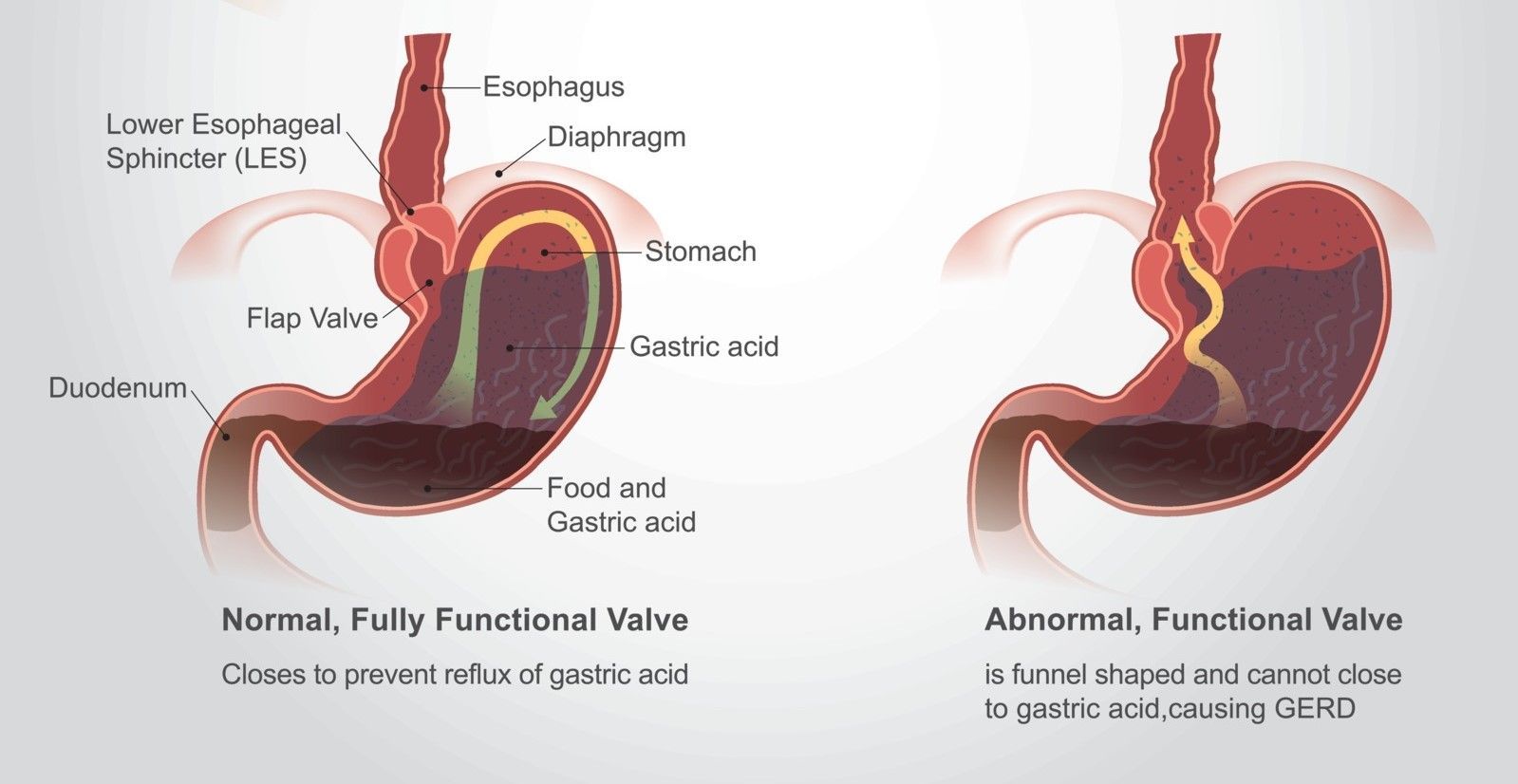Can Acid Reflux Affect the Nose?
Did you know that acid reflux can affect more than just your stomach? It can cause discomfort in your throat, lead to persistent coughs, and even impact your nasal passages! Read on to explore how acid reflux can impact the nose and what you need to know about this connection.

Understanding Acid Reflux
Acid reflux, also known as gastroesophageal reflux disease (GERD), happens when a muscle at the bottom of your esophagus (the tube that connects your mouth to your stomach) relaxes when it shouldn’t. This allows stomach acid to flow back up into your throat, leading to uncomfortable symptoms like:
- Heartburn: A burning sensation in your chest
- Regurgitation: Feeling like food or sour liquid is coming back up
- Difficulty swallowing: Having trouble getting food down
- Coughing: A persistent cough that doesn’t seem to go away
- Hoarseness: A raspy or weak voice
In some cases, people may notice that their symptoms go beyond just the throat and affect their nasal passages as well.
How Can Acid Reflux Affect the Nose?
When stomach acid refluxes into the esophagus, it can irritate your throat and the area above it, possibly reaching your nasal passages. Here’s how that can happen:
- Postnasal Drip: Acid reflux can cause inflammation in the throat, leading to increased mucus production. This excess mucus may drip down from the nose or sinus area into the throat, resulting in postnasal drip—a condition where mucus accumulates in the throat.
- Irritation of the Throat and Nasal Passages: The acidic content that reaches the throat can cause irritation and inflammation in the upper respiratory tract, including the nasal passages. This irritation might cause stuffiness, a runny nose, or discomfort in your sinuses.
3. Laryngopharyngeal Reflux (LPR): This occurs when acid travels even higher, reaching your voice box and throat. LPR can cause symptoms similar to sinus problems, such as coughing, clearing your throat, and nasal congestion.
Symptoms of Acid Reflux in the Nose
If acid reflux impacts your nasal passages, you might experience a variety of symptoms, including:
- Nasal congestion
- Sinus pressure or pain
- Runny nose
- Persistent cough
- Bad breath
- Sore throat
These symptoms can often be mistaken for allergies or sinus infections, making it important to consider the possibility of acid reflux as a contributing factor.
Managing the Effects of Acid Reflux on the Nose
If you suspect that acid reflux is affecting your nasal health, consider the following steps:
- Consult an Ear, Nose, and Throat Provider: If you experience persistent nasal symptoms along with acid reflux, consult an ear, nose, and throat provider for a thorough evaluation and appropriate management.
- Dietary Modifications: Avoiding trigger foods that can worsen acid reflux, such as spicy foods, citrus, chocolate, and caffeine, can help minimize symptoms.
- Lifestyle Changes: Maintaining a healthy weight, elevating the head during sleep, and avoiding lying down immediately after meals can help reduce acid reflux episodes.
- Medications: Over-the-counter or prescription medications, such as proton pump inhibitors (PPIs) or H2 blockers, can help manage acid reflux and reduce associated symptoms.
- Nasal Treatments: Using saline nasal sprays, antihistamines, or decongestants may help alleviate nasal symptoms caused by postnasal drip or inflammation.
While acid reflux is primarily associated with esophageal symptoms, it can indeed affect the nose and nasal passages. If you experience persistent symptoms, schedule a consultation with the ENT Care Centers experts. They offer a comprehensive evaluation and personalized treatment plan to address both acid reflux and its effects on your nose and upper respiratory system.













